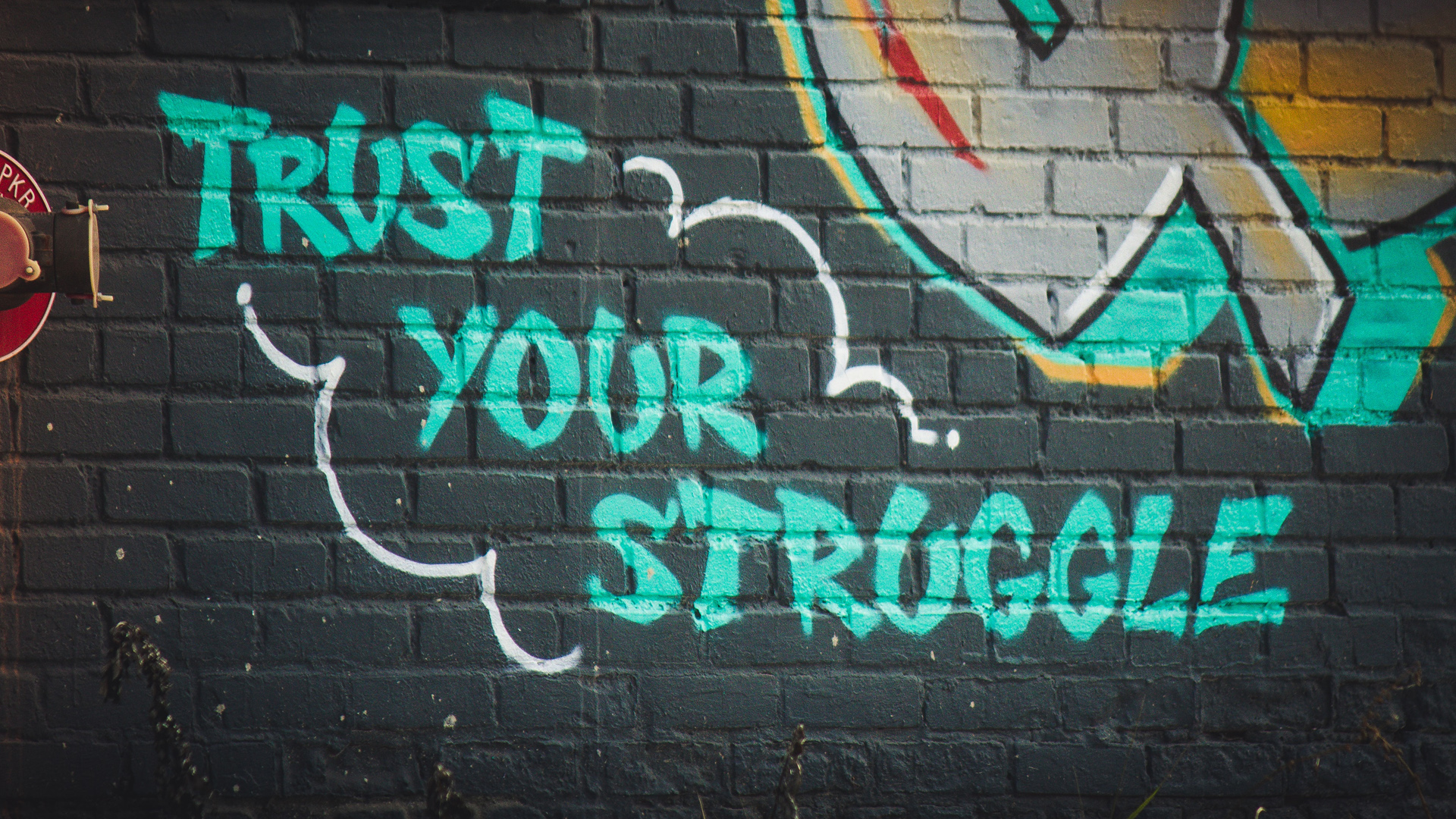A Lesson On Boundaries
3 minute read
Our personal boundaries don’t take on the physical form of large white picket fences or neon “no trespassing” signs. If you’re the kind of person who finds it hard to say “No” then it may be the case that you’ve struggled more than once with knowing how to set boundaries in your life.
And I empathise; it’s so easy to see why. So many of us are conditioned by society to “not be selfish” and to “put other people first”. This can often leave us with a sense of identity that is more worried about what other people may think of us, as opposed to what we know to be true of ourselves.
The reality is, setting boundaries is imperative to our own self-care. Without them our energy can feel depleted, we can feel taken advantage of or intruded upon.
Whether it’s in work, within our personal relationships or any kind of professional dynamic actually, poor boundaries can lead to resentment, anger and hurt. But even after we’ve passed the first tentative hurdle of acknowledging that we need to reinforce expectations, expressing our boundaries and limitations can still feel like a minefield to navigate.
” Taking back your own time, energy and peace of mind is not something anyone else should ever be in control of…”
It’s a delicate balancing act… how can we speak up for ourselves without making sure nobody is upset?? How do we maintain those close relationships that matter to us without ignoring our own needs…
Working with not only my own boundaries but my clients as well means one of the biggest things I have learnt is mistakes are often made not just when establishing boundaries, but when it comes to sticking to them as well. So how exactly do you recognise a problem before it becomes an emergency…
Here are the most common oversights I see when it comes to boundaries and how you can fix them…
Understand they need to be drawn in pencil as opposed to ink…
First of all, don’t get out the ink pen and write them in permanent ink. Relationships and connections between people naturally change and adapt over time. It’s good to think about them occasionally and reassess.
A good way to navigate evolving boundaries is to convey them in statements as opposed to questions. Factual statements are great way to communicate boundaries “I can’t commit to that date anymore” “I need us to re-arrange our weekly meeting”.
I’m not saying you need to be impolite, but you can be clear and in control. Taking back your own time, energy and peace of mind is not something anyone else should ever be in control of.
Overexplaining yourself and your need for a specific boundary.
Stop with the sugar coating – and I say that from a place of care. More often than not I hear from people who go straight in to “people pleasing” mode when communicating their own boundaries because they desperately don’t want to hurt people.
Unfortunately, this can have the undesirable effect of making things even more unclear, leaving all parties even more confused. Instead, make your point succinctly and clearly. You should not need to give extensive reasons for your grounds or setting your margins.
Clearly explain the consequences of not respecting your boundaries.
“Unfortunately if you contact me again I don’t feel I will be able to respond” is probably going to be way more effective than getting angry about a boundary being crossed, not explaining the consequences and then the other party violating a boundary once more with no idea.
In a nutshell, it’s helpful to explicitly state the action you will take if the boundary isn’t respected.
Listen to the signals and messages your body is sending you.
I’m talking about that lurch you get in your stomach when you hesitantly agree to do something you really don’t wish to partake in. Our boundaries aren’t always mental things they manifest themselves physically as well.
I suggest to all of my clients that they take a second for themselves to take note of how your body feels just after you’ve set a boundary. Do you feel a tightness in your chest OR do you feel a sense of spaciousness and liberty?? Listen closely to what your body tells you.



